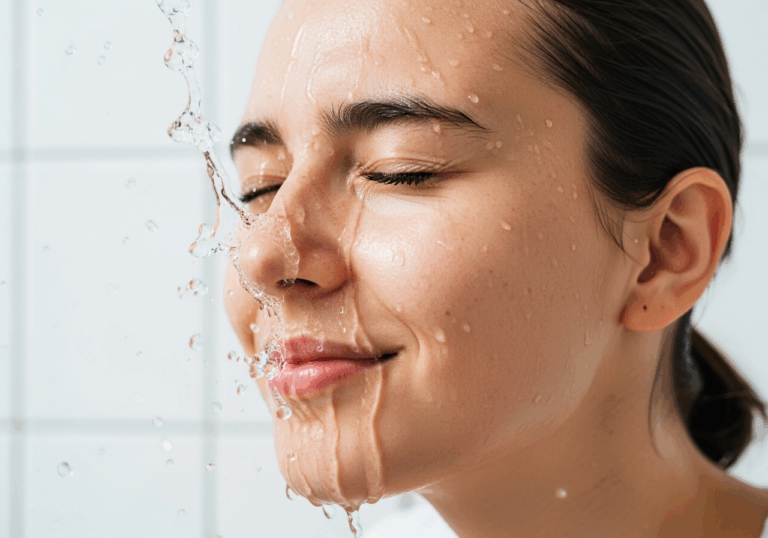Science-Backed Tips
Boost Your Mood with Cold Water Immersion
15 minutes of cold immersion can reduce cortisol for 3 hours.
📊 Did you know?
💡 Why It Matters
1️⃣
Lower cortisol levels can lead to reduced stress and anxiety, improving overall mental health.
2️⃣
Sustained mood enhancement can improve productivity and focus in daily tasks.
3️⃣
Regular cold water immersion may offer a cost-effective strategy for managing stress without medication.
✅ Try These Micro-Tips
🎯
Try cold water immersion for 15 minutes at 10 °C to experience mood benefits.
🎯
Incorporate cold showers into your routine 3 times a week for optimal results.
🎯
Combine cold immersion with deep breathing exercises for enhanced relaxation.
🎯
Monitor your mood and stress levels before and after immersion to track improvements.
📚 The study
Embrace the chill and discover the mental health benefits of cold water immersion today!
❓ Frequently Asked Questions ❓
Learn more
What is cold water immersion (CWI)?
Cold water immersion (CWI) involves submerging the body in cold water, typically around 10 °C, for a short duration. It is often used for recovery and has been shown to have various mental health benefits, including mood enhancement.
How does CWI affect cortisol levels?
CWI has been shown to significantly reduce cortisol levels, a hormone associated with stress, for up to 3 hours after immersion. This reduction can help alleviate stress and anxiety, contributing to improved mental well-being.
What are the mood benefits of CWI?
CWI can enhance mood by reducing cortisol levels and providing a tactile stimulus that promotes alertness. This mood enhancement can lead to increased productivity and focus in daily tasks.
How long should I immerse myself in cold water for benefits?
For optimal mood benefits, it is recommended to immerse yourself in cold water for about 15 minutes. This duration has been shown to effectively reduce cortisol levels and improve mood.
How often should I practice cold water immersion?
Incorporating cold water immersion into your routine three times a week is suggested for optimal results. Regular practice can help maintain lower cortisol levels and enhance overall mental health.
Can I combine CWI with other relaxation techniques?
Yes, combining cold water immersion with deep breathing exercises can enhance relaxation and stress reduction. This combination may further improve the mood-enhancing effects of CWI.
How can I monitor my mood after CWI?
To track improvements, monitor your mood and stress levels before and after cold water immersion sessions. Keeping a journal can help you observe changes over time.
Is cold water immersion a cost-effective strategy for stress management?
Yes, regular cold water immersion is a cost-effective method for managing stress without the need for medication. It can be easily incorporated into your routine with minimal resources.
What temperature is ideal for cold water immersion?
The ideal temperature for cold water immersion is around 10 °C. This temperature has been shown to effectively reduce cortisol levels and enhance mood.
What should I expect after a CWI session?
After a cold water immersion session, you can expect a reduction in stress and anxiety levels, along with improved mood and alertness. Many individuals report feeling refreshed and more focused following immersion.





